Therapy Navigator - AI-Powered Therapy Guidance
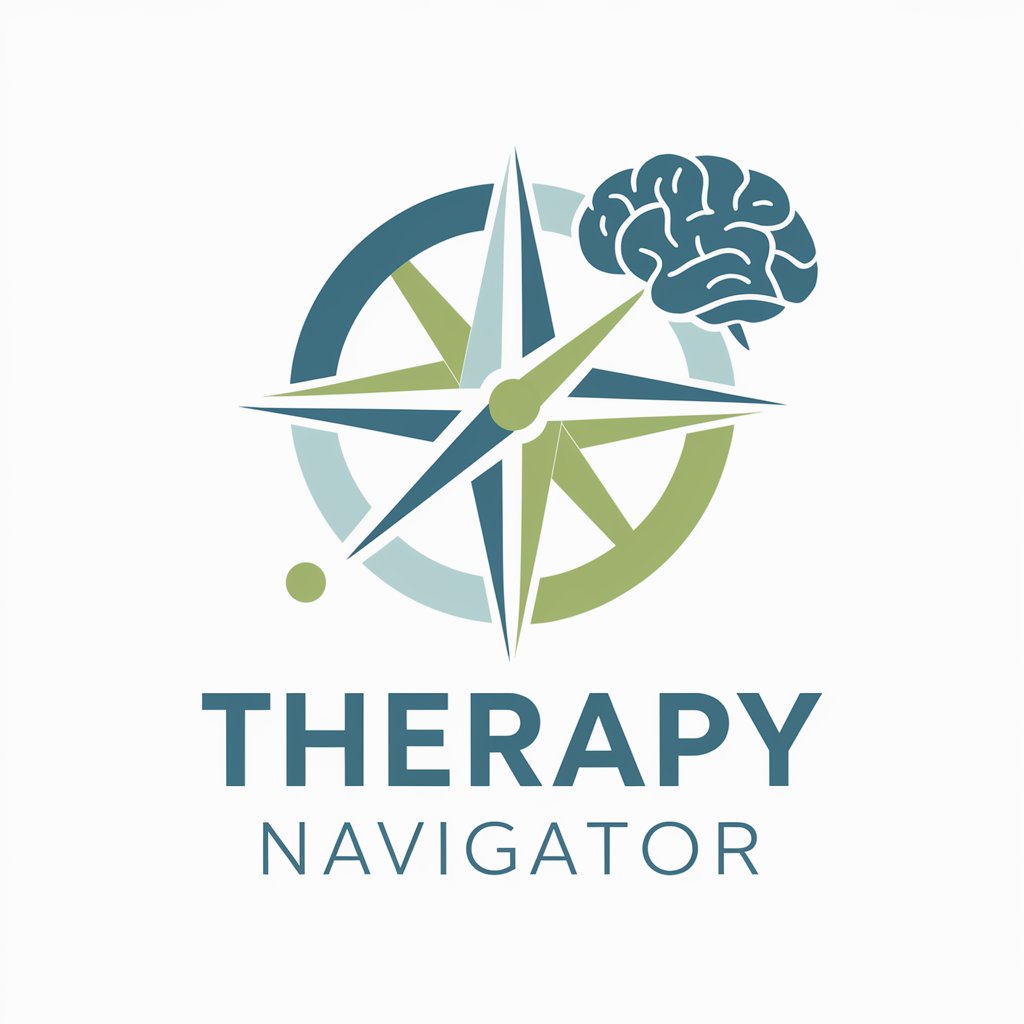
Hello! I'm here to help with your therapy-related questions.
Navigate Your Path to Mental Wellness
Can you help me understand the benefits of therapy for...
What are some effective techniques for managing...
How can I find a therapist who specializes in...
What should I expect during my first therapy session for...
Get Embed Code
Overview of Therapy Navigator
Therapy Navigator is a specialized digital tool designed to assist individuals in navigating the complex landscape of mental health therapy. It serves as an informative guide, helping users understand various therapy options, how to access them, and what to expect from the process. For instance, if someone is curious about the differences between cognitive behavioral therapy and dialectical behavior therapy, Therapy Navigator can provide detailed explanations, potential benefits, and considerations for each approach. Powered by ChatGPT-4o。

Core Functions of Therapy Navigator
Clarifying Therapy Modalities
Example
Explaining how exposure therapy differs from psychoanalytic therapy.
Scenario
A user is experiencing anxiety and has heard about different therapies but is unsure which might be most effective for phobias. Therapy Navigator can detail how exposure therapy works, including its techniques and outcomes, helping the user decide if it might be a suitable option.
Guiding Therapy Access
Example
Providing steps for finding and selecting a qualified therapist.
Scenario
A user new to therapy may not know how to find a therapist or what credentials to look for. Therapy Navigator offers guidance on searching for therapists, understanding different qualifications, and what questions to ask during an initial consultation to ensure a good fit.
Demystifying Therapy Processes
Example
Outlining what to expect in a typical therapy session, including common practices like goal setting and progress assessment.
Scenario
Someone considering therapy for the first time may feel intimidated by the unknown aspects of sessions. Therapy Navigator can explain typical session structures, common techniques used, and how progress is typically assessed and discussed.
Target User Groups for Therapy Navigator
Therapy Novices
Individuals who are new to therapy and need foundational knowledge about the processes, types of therapy, and what to expect. Therapy Navigator is particularly beneficial for them as it helps demystify the field and set realistic expectations.
Individuals Exploring Therapy Options
People considering therapy who wish to explore different therapy modalities and find the right fit for their needs. They benefit from the detailed explanations and comparisons of various therapeutic approaches provided by Therapy Navigator.
Caregivers and Advocates
Caregivers or advocates who assist others in accessing mental health services can use Therapy Navigator to better understand therapy options, helping them support their charges more effectively.

Using Therapy Navigator
Start with a Free Trial
Visit yeschat.ai to begin using Therapy Navigator for free without any need to log in or subscribe to ChatGPT Plus.
Identify Your Needs
Clarify your objectives with Therapy Navigator, whether for personal development, professional growth, or academic support.
Explore Features
Utilize the interactive dialogues to explore different therapy approaches, understand mental health concepts, or prepare for actual therapy sessions.
Engage Actively
Ask specific questions or describe scenarios to receive tailored advice and insights, making use of the model's capacity to generate nuanced responses.
Evaluate and Reflect
Reflect on the information and guidance provided to assess its applicability to your situation and plan further queries or actions based on insights gained.
Try other advanced and practical GPTs
Behavior therapy
Empower your writing with AI

NovelCraft
Craft Your Story, Powered by AI

Script Sage
Empowering Your Storytelling with AI

Prompt Video Creator & FIlm Editing Expert
Simplify video creation with AI

RAW@bot
AI-driven insights for risk management

Raw Physical Truth
Insightful Analytics, Empowered by AI

Therapy Guide
Empowering Parents with AI-Powered Support
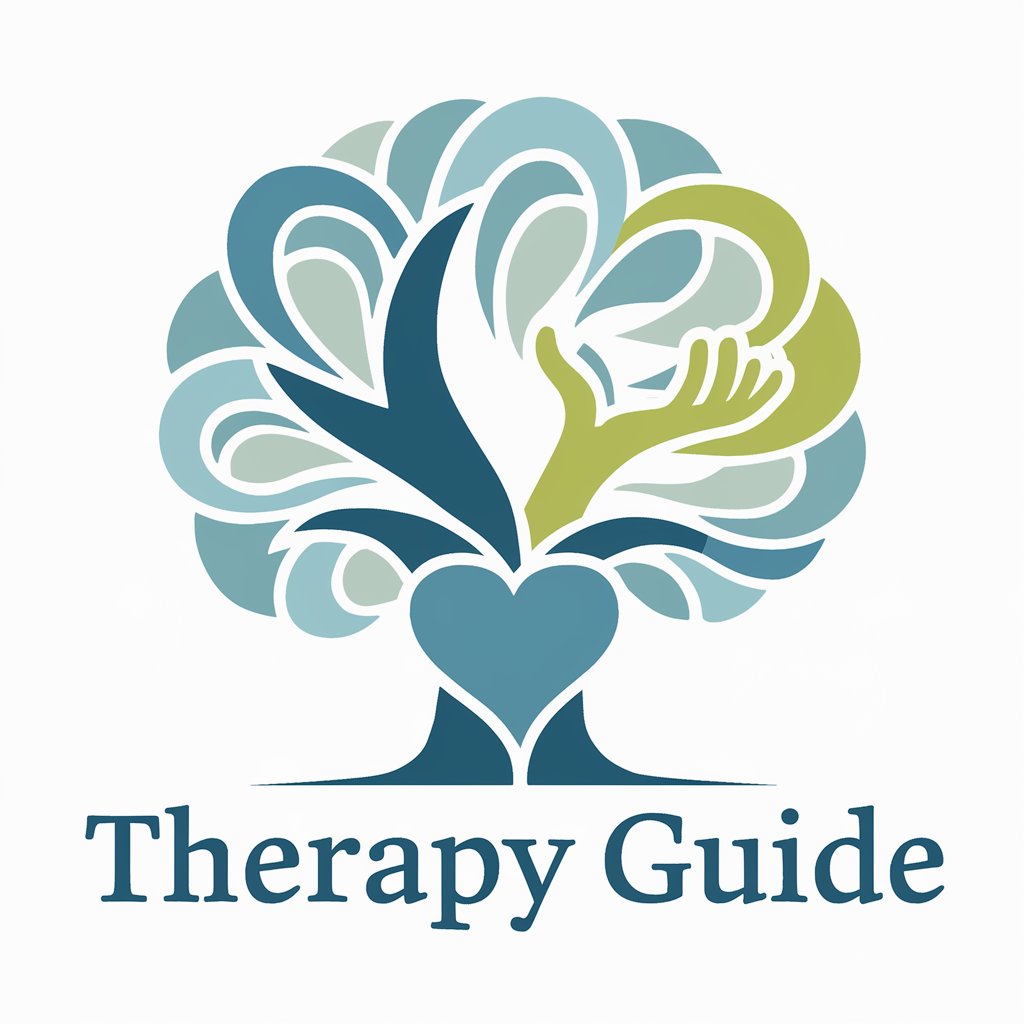
Bible Therapy
Navigating faith with AI
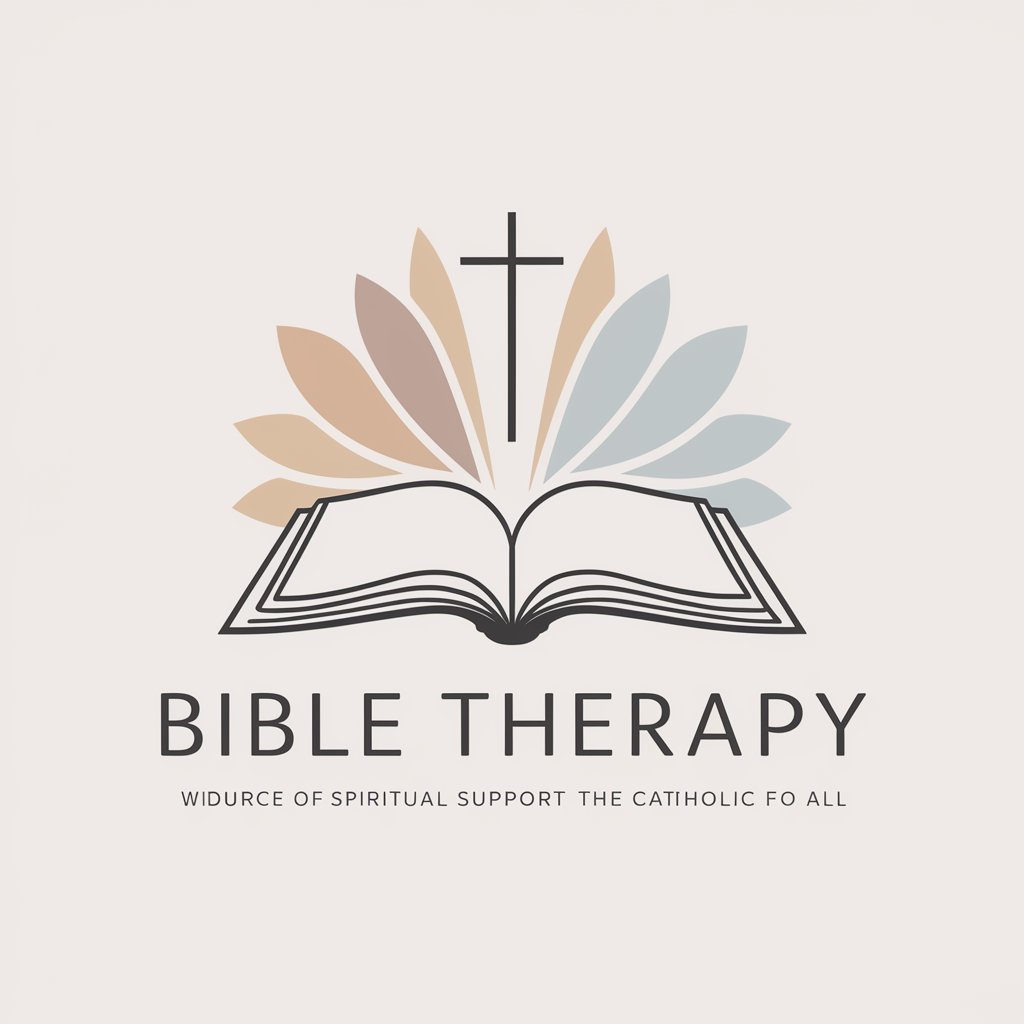
Chat Therapy
Empowering you with AI-driven therapy
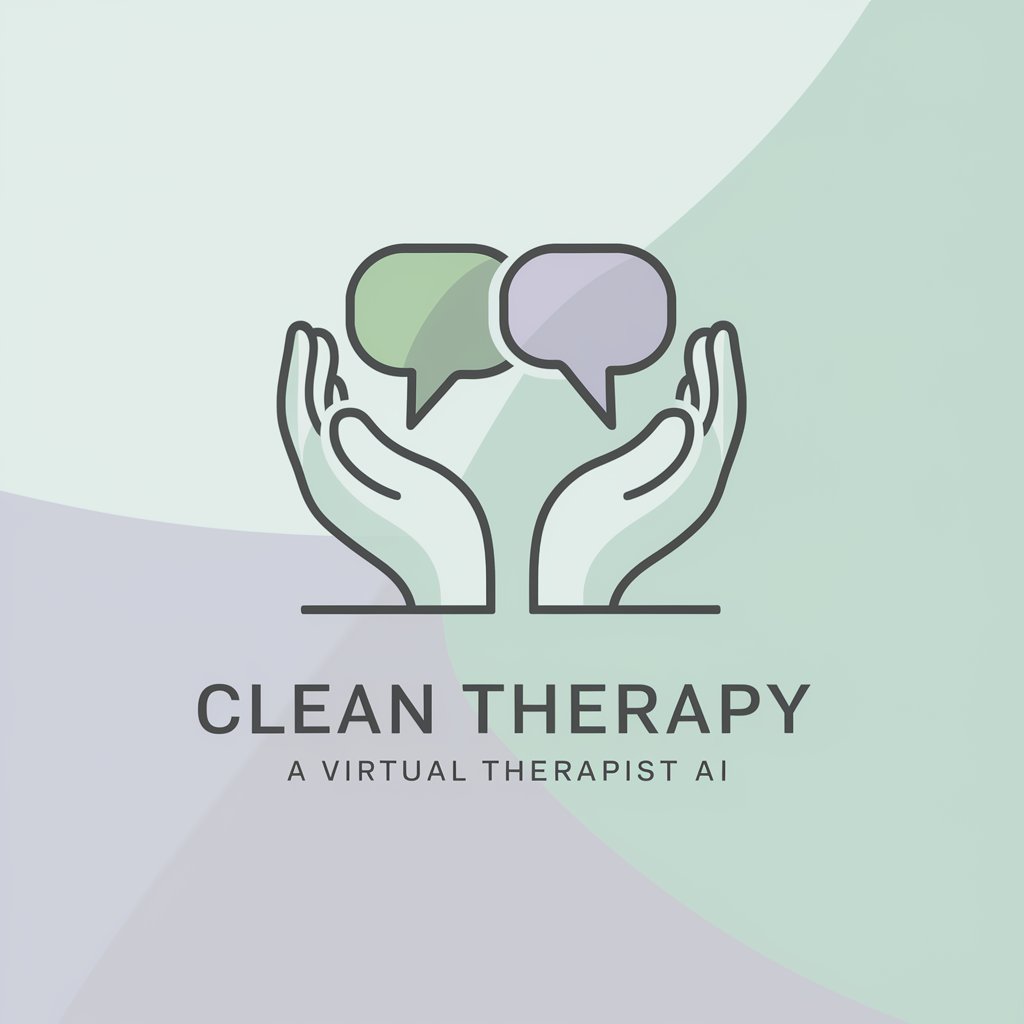
Cigar Therapy
Reviving Wisdom with AI

Mirror Therapy
Empowering recovery with AI-assisted visualization
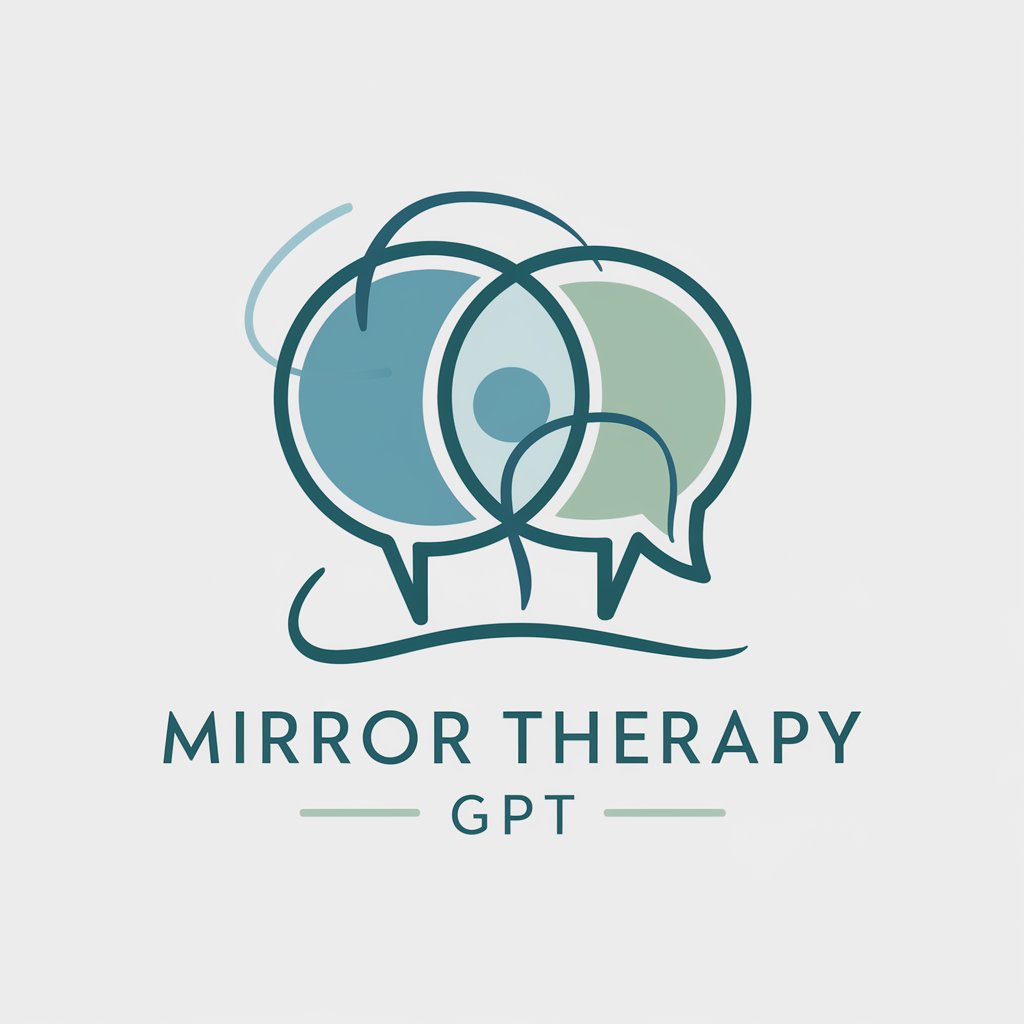
Papers With Code Explorer
Unlock AI research with AI-powered insights.

Frequently Asked Questions About Therapy Navigator
What makes Therapy Navigator unique among AI tools?
Therapy Navigator specializes in providing guidance and information about various therapeutic approaches, tailoring interactions to individual mental health queries and facilitating a deeper understanding of personal issues.
Can Therapy Navigator replace a licensed therapist?
No, Therapy Navigator is designed to supplement therapy with information and preparation, not replace professional psychological help. It's ideal for pre-therapy preparation or supplementary learning.
How secure is the information shared with Therapy Navigator?
While Therapy Navigator does not store personal data, it's important to use this tool within the privacy guidelines provided by the platform and avoid sharing sensitive personal information.
Can Therapy Navigator help me choose a type of therapy?
Yes, the tool can provide information about different types of therapy, helping you make informed decisions about which approach might be most effective for your needs.
Is Therapy Navigator suitable for all age groups?
Therapy Navigator is designed to be accessible for adult users. Its content may be too complex for children and is not specifically tailored to them.
